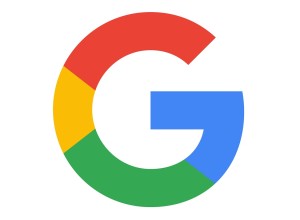Blog/google Vlogs

Top 20 Google tips #20 - Google won't like Cookie Banners!
In his 20th tip, Clive Loseby from Access by Design looks into his crystal ball…. you heard it here... read more »
Top 20 Google tips #19 - Google doesn't like popups!
In his 19th tip, Clive Loseby from Access by Design explains why Google doesn't like popups! read more »
Top 20 Google tips #18 - Google doesn't like disappearing content!
In his 18th tip, Clive Loseby from Access by Design explains the importance of making sure that you don't... read more »
Top 20 Google tips #17 - Google doesn't like it if you get hacked!
Top 20 Google tips #17 - Google doesn't like it if you get hacked!read more »
Top 20 Google tips #16 - Google cares where you hosted!
In his 16th tip, Clive Loseby from Access by Design explains the importance of making sure your website is... read more »
Top 20 Google tips #15 - Do NOT use Google Images!
In his 15th tip, Clive Loseby from Access by Design explains the importance of only using licensed images and... read more »

Top 20 Google tips #14 - The truth about SSL
Blog rewritten in light of recent changes Sometimes developments on the internet happy extremely fast. The video is made for... read more »
Top 20 Google tips #13 - Google Hate Duplicate Content!
We may now be into 2018 but these tips are just as relevant! Here's my 13th tip, essential information... read more »

Top 20 Google tips #12 - Google hates keyword SPAM
Here's my 12th tip, essential information that will help you in writing your website content in a more Google-friendly... read more »

A simple Accessibility Test with the Tab key!
An easy way of checking whether a website meets basic accessibility standards! Anyone can do this! Please watch this video... read more »

